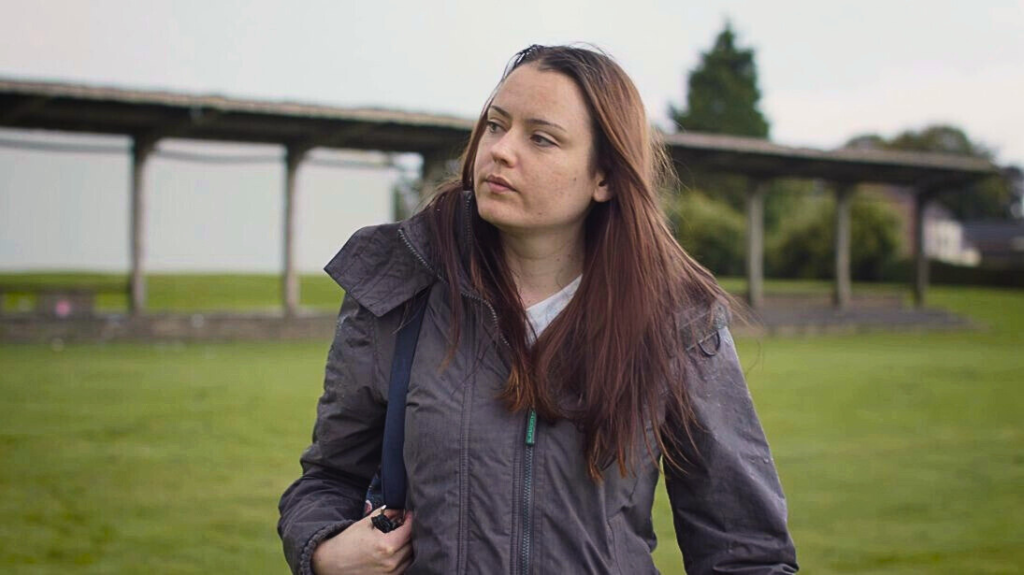
In my last post, I touched on some of the challenges I faced and the gaps I experienced regarding mental health support from my healthcare team. Today, I want to talk about personal relationships.
My health declining as it did, and the subsequent multiple surgeries required has significantly impacted my friendships. I also believe the world has changed. We are more aware of the importance of our mental health now than at the time of my diagnosis in 2007. I think friends and colleagues avoided raising my mental health because they didn’t know how to approach it. They may also have worried about what to say in response and how to offer support. There was a lack of understanding back then when mental health was not considered a real issue.
Relationships with colleagues
After my emergency surgery, most of my relationships were with people I worked with. I was absent from work for three months, but very few people checked in on me then. When I returned, I didn’t know whether my colleagues knew about my stoma. I suspected they knew because it was a factory full of women, and any news travelled fast there. I felt I was visibly less well, and my wardrobe had completely changed in favour of baggy T-shirts and joggers. The fact no one asked what had happened felt like confirmation that people knew, as they were a nosey bunch! I think my stoma was probably an uncomfortable topic for most people and one to avoid. Of course, this meant no one asked how I was doing beyond the odd, “Are you better now?”
That continued to be the case as I underwent surgery to create my J-pouch and the reversal.
By my emergency surgery in 2014, I had moved on to a marketing role. My manager had Crohn’s disease, so there was some understanding of my constant pouchitis flares and the pain, and a great need to be near a toilet at all times. My health was poor, so I didn’t do a lot of socialising outside of work. People came and went, so I rarely made friends with people – in fact, it didn’t seem worth it. While understanding many of the physical elements, my manager wasn’t a believer in mental health struggles. I had my last surgery to remove my J-pouch in favour of a permanent stoma in 2018. My mental health in the run-up to that surgery was terrible. I was exhausted, in pain, angry, and unhappy. I stopped talking to people. When I was at work and had no choice but to be in the company of others, I withdrew. If I had to communicate, it was as brief as possible. My job had become stressful, and it was a toxic environment, so that wasn’t helping either.
Following my last surgery, I quickly decided to take the leap and become a self-employed freelancer. I started prioritising my mental health so I don’t take on roles I’m not passionate about. I also started being more open about my mental health. I feel fortunate because if I’m having a bad time, I can be honest with the people I work with and take time out.
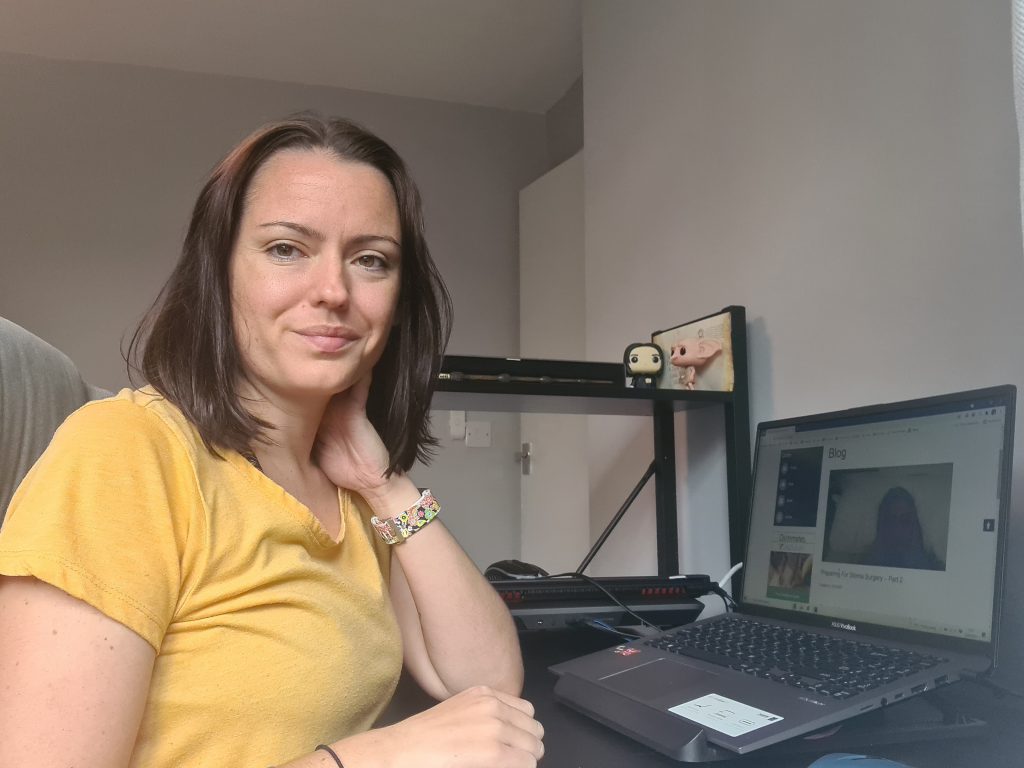
Relationships with friends
As I mentioned above, I didn’t do a lot of socialising. My health didn’t allow for it. I ended up cutting off some friendships after my first surgery and during the years of pouchitis flares that followed. I didn’t want people in my life that didn’t honestly care about me. I didn’t want drama and negativity leaking into my life. I needed people who were happy to just come over for a cuppa and a chat, understanding that my health often limited me – friends who wouldn’t make me feel guilty for the things I couldn’t do.
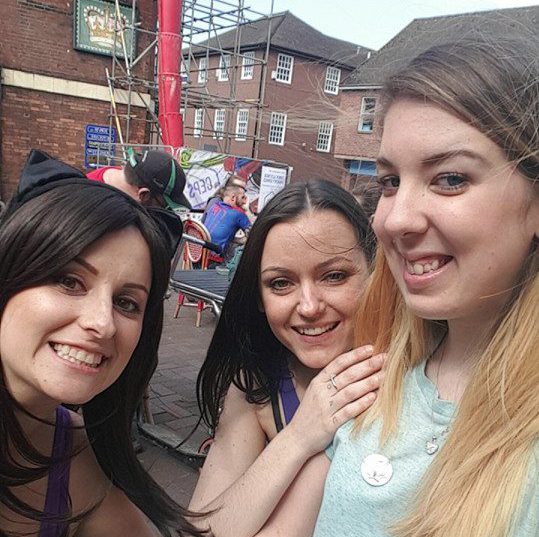
It took me a long time to start processing what I had been through. Maybe if people had been asking about my mental health more, the process would have started sooner. 2014 was a catalyst for me. I worked in marketing and social media and was at home alone. Those two circumstances coinciding led to me raising awareness of IBD and ostomies online. That led to my forming a Facebook support group, and my patient advocacy work has grown from there. I was talking to people every day who understood my journey better than anyone else. I was forming relationships with people worldwide, and I’ve gained true friendships. The group was a great outlet and allowed me to discuss mental health. I’ve received a lot of thanks over the years, but the people in the group got me through my emergency surgery in 2014. They gave me the strength to believe I could face living with a stoma again.
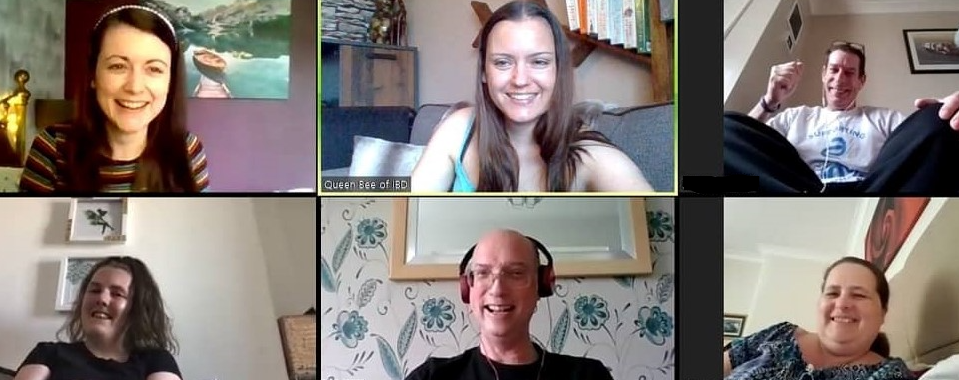
These days, it feels much more natural to be open and honest about my mental health with my friends. I’m not sure whether that’s simply a sign of the times or whether that’s due to the company I keep. Maybe a combination of both. I imagine personal growth is also a factor!
Relationships with family
I don’t have a big immediate family. My aunty has always asked how I’m doing as part of a standard greeting, and I believe the enquiry is genuine. However, it’s not much of an invitation to start talking about mental health. It certainly didn’t feel like it back in the early days, when anxiety and depression were about as taboo as poo! My grandma cared in the only way she knew how which meant giving me money. She enjoyed complaining about people and things but did not discuss emotions other than what might be annoying her on any given day. I know she cared. I don’t think she was capable of being emotionally available. My mum has been ever-present throughout the surgeries, and she’s done her best to support me. She was good with the physical side of things. I usually stayed with her when I first came out of the hospital. She would feed me and fetch anything I needed from the shops. She helped with dressings and even helped me in the bath a couple of times. Again, expecting her to consider my emotional health wasn’t realistic. She simply wasn’t made that way.
The world being more aware of the importance of mental health is probably a factor, but whatever the reason, it’s safe to say that I communicate what’s going on with my mental health much better these days. That’s not to say that I’ve nailed it. I certainly haven’t, and I still keep things to myself more often than I should. I tend to think about something for a while before communicating my feelings. However, the improvements so far seem to have developed organically. My mum is more aware of mental health issues, and while she’s far from mastering communication, listening, and responding, she is trying, and that’s all anyone can ever do. I regularly spend time with my aunt (mum’s sister-in-law, who I’ve adopted as another aunt) and her daughter. We’ve gotten quite good at getting things off our chests when needed – without an invitation! Definite progress.
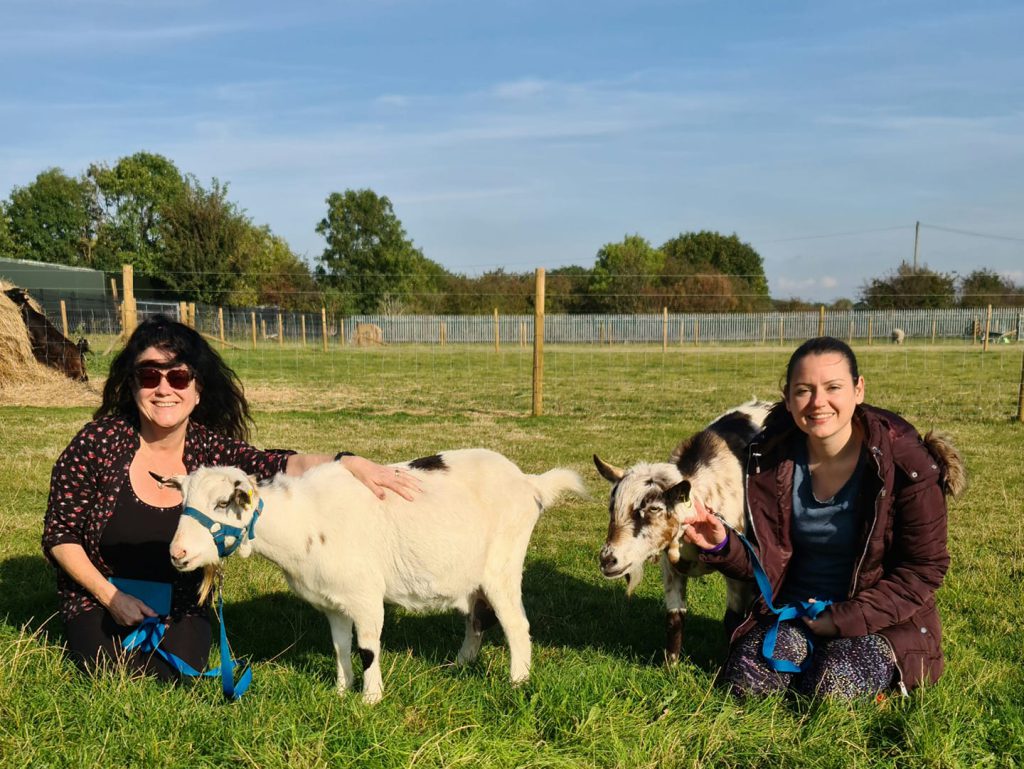
How to prompt conversation about mental health
I’m hopeful that the world is changing for the better regarding mental health awareness and support. I’m optimistic that the days of avoiding this important subject are long gone!
Of course, we can’t guarantee that everyone will be onboard, but we can do our bit. I feel like, sometimes, my asking after other people’s mental health has a ripple effect. It has prompted them to be a bit more considerate of their own and the mental health of others, too. Just yesterday, I asked a friend how things had been since we last met. I was so pleased when she started a sentence with: “I feel really stupid, but I know I can tell you this because you’re my no-judgment space.”
If you think someone you know is struggling, but you’re not sure how to ask them to open up, Samaritans has some good tips on how to support someone you’re worried about. It includes advice on actively listening, and the kind of open questions you can ask to open up that safe space for them to talk freely.
My top tip is to make it part of your regular conversation. Don’t wait until you think someone is struggling. Ask how they’re doing anyway.
I can’t be sure, but if those close to me had genuinely asked me how I was early on, I’d have opened up more quickly, and I would have processed things and healed more quickly too.
So let it begin with you. Don’t be afraid to ask the question to those you love and cherish – and mean it: “Are you OK?”
We hope you enjoyed this article from our guest blogger. They are expressing their views or knowledge on a topic because of their experience and background. Some of the opinions expressed may not reflect the views of Fittleworth or your NHS professional.
It goes without saying, but this is not clinical advice. Each person will have an individual set of medical factors to consider. So please do not to make significant changes to your diet, exercise or treatments before consulting with an NHS professional.
Sahara was admitted to hospital and diagnosed with Ulcerative Colitis at the age of 19, after just two weeks of being incredibly unwell. One week later, she had emergency surgery to remove her colon and rectum, and had her first ileostomy. A turbulent journey followed; a multitude of treatments, complications, seven surgeries, a failed J-Pouch, and three ileostomies later, she is living with a permanent stoma and is a pro-active IBD and ostomy advocate.

Sahara joined the online IBD and ostomy community in 2014, and it very quickly became apparent to her that whilst awareness is important, even more important than that is providing support to others as they navigate the stormy waters of life with IBD, or an ostomy.
She runs #IBDSuperHeroes fundraising and awareness campaign, and the Facebook support group. She is a blogger for InflammatortyBowelDisease.net and an IBD Patient Consultant for merakoi – bridging the gap between patients and healthcare. She gets involved with research whenever she can, and is a volunteer for Cure Crohn’s Colitis, where she donates her time and expertise in social media marketing and content creation.
